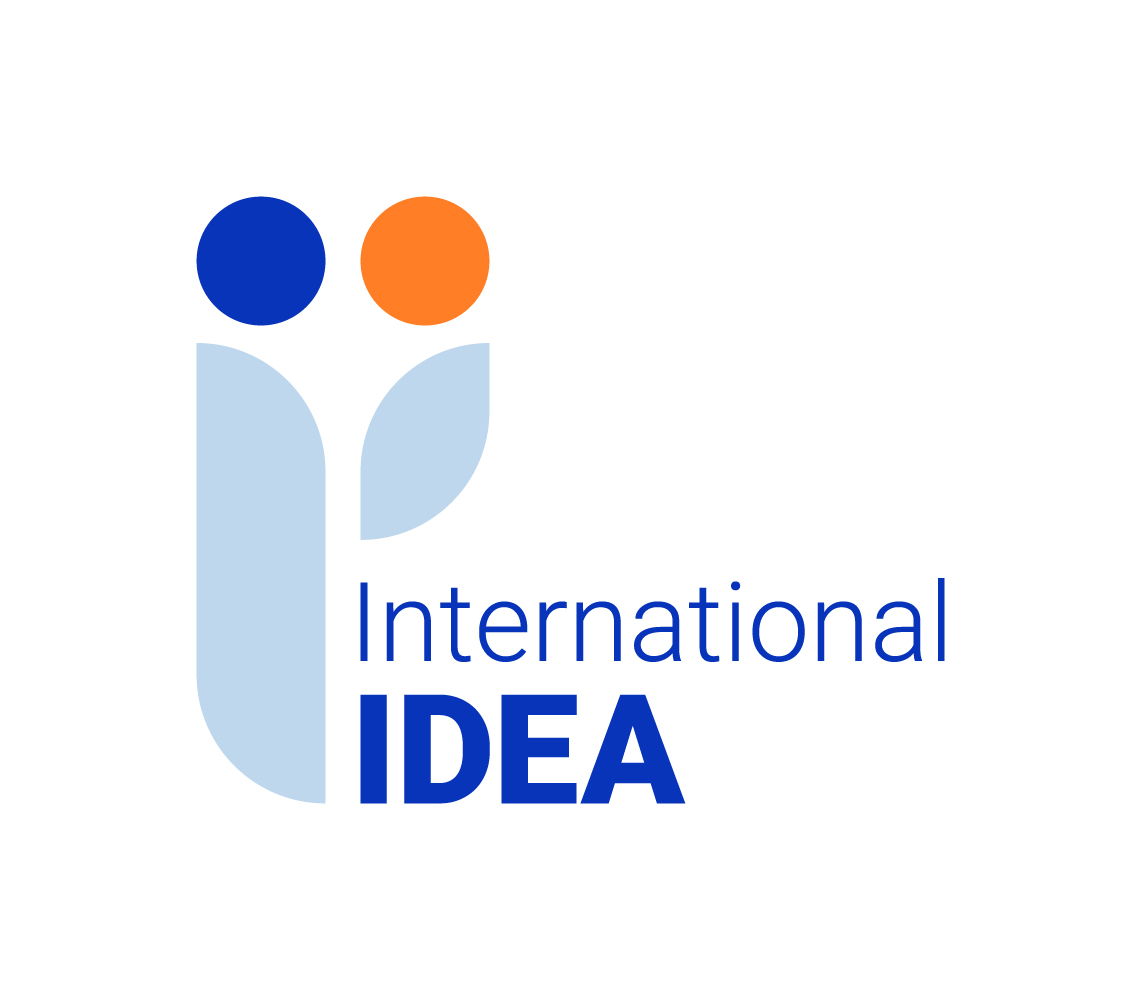Despite widespread acknowledgement that the media is critical to electoral processes, and that media organizations have the potential to affect voter behaviour, electoral assistance providers do not always prioritize media integration in their work.
Search
Region
Country
Type
The agenda-setting process for the post-2015 framework was characterized by an unprecedented global conversation involving a wide range of state and non-state actors.
The intergovernmental negotiations culminated in the adoption in September 2015 of a new and ambitious development agenda, outlined in the Sustainable Development Goals (SDGs).
Federalism is a constitutional mechanism for dividing power between different levels of government, such that federated units can enjoy substantial, constitutionally guaranteed autonomy over certain policy areas while sharing power in accordance with agreed rules over other policy areas. Thus, federalism combines partial self-government with partial shared government.
Local democracy is the self-government of cities, towns, villages and districts by democratic means—typically, but not exclusively, through elected mayors, councils and other local officials.
The year 2015 marks the 20th anniversary of the 4thWorld Conference on Women where the progressive blueprint on advancing women’s rights – the Beijing Declaration and Platform of Action – was articulated and agreed upon. Twenty years after the landmark adoption of this ambitious expression of aspirations that no country in the world has fully achieved, “it is still a long way to go” on this journey for advancing women’s rights in all spheres of life.
In a democratic society words are the weapons we use to achieve change and words have therefore significant potential power. Words are not just symbols to communicate with, they also structure our way of thinking and make sense of our worlds. The philosopher Ludwig Wittgenstein aptly summarizes this line of thought when he said “The limits of my language mean the limits of my world”.
Throughout the world today, politics has become an expensive affair, to the extent that money is now among the greatest threats to democracy. In essence, the greater the influence of money on politics, the less influence the average citizen has.
Calls for the integrity of elections urge governments and international actors to attach importance to the professionalism of electoral management bodies, the regulation of political finance and the promotion of equal participation and representation of women and marginalized groups.
Electoral management bodies (EMBs) need to become more professional if they are to retain the trust of voters.
This Handbook was developed for electoral administrators and those involved in reforming EMBs. It provides comparative experience of and best practices on EMB structures and funding models, as well as means for evaluating performance.
On 23–24 June 2014 International IDEA hosted a round-table event entitled ‘Democracy Assistance and Results: Debates and Constructive Reflection’ in order to facilitate open and forward-looking discussions on the challenges (and opportunities) of applying results-management approaches to democracy assistance—that is, support to parliamentary development, electoral processes, political parties/party systems, civil society, media development and so on.
Countries with lower levels of service delivery tend to have one thing in common: they have little or no provisions for effective sanctions or rewards.
What is a constitution? Why do constitutions matter? How are constitutions made? International IDEA’s Constitution Building Programme is pleased to announce the release of new and upgraded, easy-to-understand, jargon-free initiatives which respond to these questions, for specialist and non-specialists audiences alike.
A limitation clause enables constitutional rights to be partially limited, to a specified extent and for certain limited and democratically justifiable purposes, while prohibiting restrictions that are harmful to democracy by reason on their purpose, nature or extent.
The use of information technologies in elections is not new. However, the introduction of open source software in election technology is a relatively new concept, and it has not so far been widely adopted.
Elections are considered to be of paramount importance in most countries for establishing a legitimate government. Yet, this is only true when elections are fully trusted and perceived to be fair. At the same time, competition and struggle are an inherent part of elections.
Washington DC – The Fourth High Level Meeting of the Inter-Regional Dialogue on Democracy will be held at the headquarters of the Organization of American States(OAS) in Washington, DC October 16-17.
This Guide provides an inventory of United Nations jurisprudence relevant to electoral processes. It organizes and cross-references international law applicable to elections in order to make it accessible to national and international stakeholders.
Regional organizations play an increasingly important role in strengthening and upholding the rule of law. Depending on their mandates and regional contexts, this role takes various forms.
Constitution-building has become an increasingly common activity as countries seek to improve their state apparatus or make political transitions to realize national goals and address current challenges.
A constitutional amendment alters the content of a constitutional text in a formal way. Constitutions need to be amended over time to adjust provisions that are inadequate, to respond to new needs, including supplementing rights. Otherwise, the text of a constitution cannot reflect social realities and political needs over time. Yet the constitution also needs to be protected from short-sighted or partisan amendments.

